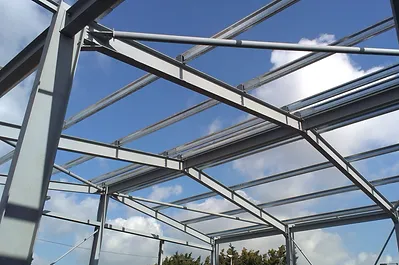It is a good idea to know about the differences between public and private sewers before diving into build-overs. Public sewer — The local water company provides a drainage system. By contrast, a private sewer is normally the owner’s responsibility and comes directly into the public sewer system.

Why Should a Build-Over Agreement Be Achieved?
When you are building or erecting near a public sewer, typically within 3 meters, a Build Over Agreement is needed. This contract ensures the sewer remains open. Not getting this consent may lead to a fine and lawsuits.

Why Can’t I Overbuild a Sewer?
In some situations, it is illegal to build above a sewer line. This happens when the sewer is too large or if your construction places a significant danger to the drainage. You should always get the water authority involved.
Can I Divert a Sewer?
Yeah, you could drain out a sewer in construction under some conditions. But this usually comes with additional permissions and fees. Diagnosing the possibility of diversion must be undertaken with specialists.

What Is A Build Over Agreement Price?
The build-over agreement is sometimes pricey, depending on how complex the project is. On average costs range between £300 and £1000, including application processing, testing and technical reports.
What If I Can’t Achieve A Build Over Deal?
You can’t build without this consent, and your project could be suspended and you will be prosecuted. Backward agreements are not so easy to reach, so start early.
Is There Any After Construction Build Over Agreement Available?
Retroactive agreements are sometimes possible but can be harder to come by. The water department may not certify them if it’s determined the work has infected the sewer.
More Details:-
To know more about build over agreements and how to keep your project compliant, talk to RG Engineers for structural modifications and building plan consulting expertise.




![Process of Designing a Footing Foundation [2024-2025]](https://www.rgengineers.co.uk/wp-content/uploads/2023/10/exterior-design.jpg)
